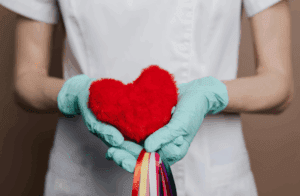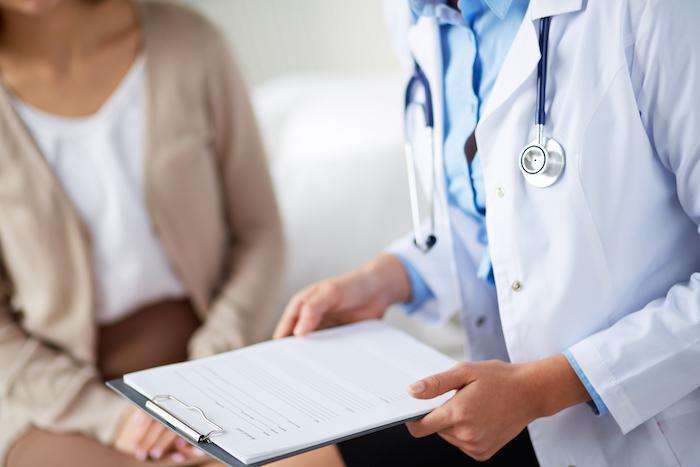Nuclear cardiac scanning is a diagnostic procedure that our team at HeartCare Associates of Connecticut uses to assess the function and health of your heart.
If you are having this type of heart scan, it’s important to understand everything you can about the procedure so you know what to expect.
An overview of nuclear cardiac scanning
Nuclear cardiac scanning provides your cardiologist with images of your heart. The procedure involves the injection of a radioactive material known as a tracer into your vein. This tracer moves through your bloodstream and up into your heart.
A special gamma camera is able to identify the energy that the tracer releases to form images of your heart. These images give your provider at HeartCare Associates of Connecticut some valuable information about the health and function of your heart.
Your doctor can review the blood flow within your heart and identify damage to the heart muscle. This type of test can also identify conditions like coronary artery disease.
There are several types of nuclear cardiac scans. The one that we perform most often is called a myocardial perfusion imaging test.
How to prepare for a myocardial perfusion imaging test
In order to get the most accurate results of your myocardial perfusion test, your provider works with you ahead of time to make sure you prepare properly.
On the day of your test, you shouldn’t eat or drink for at least two hours before your test. You should also avoid caffeinated beverages, food, and medications for 24 hours before your test.
There are several medications you need to stop taking in the days before your myocardial perfusion imaging test. Your HeartCare Associates of Connecticut physician will review which medications you take regularly and give you specific instructions before your test.
What to expect during nuclear cardiac scanning
On the day of your nuclear cardiac scanning test, be sure to wear loose-fitting, comfortable clothing and supportive shoes.
During a myocardial perfusion imaging test, you can expect two different tracer injections that the gamma camera will follow through your bloodstream. Once the tracers are injected into your body, you will perform a stress test on a treadmill.
If you’re unable to complete the treadmill activity, your provider can also complete the test while you rest and take a special medication.
Following your activity on a treadmill, your physician uses the gamma camera to capture images of your heart and identify areas of heart or blood vessel damage that requires additional diagnostic testing and treatment.
Safety of nuclear cardiac scanning
The risks associated with nuclear cardiac scanning are few. Your heart health will be continually monitored by an electrocardiogram (EKG) test throughout your procedure.
While radiation is used in the tracer, the small amount isn’t considered harmful. Some people have allergies to the tracer material, but this type of reaction is rare.
If you have existing coronary heart disease, you may experience chest discomfort and pain during the test. Your provider will monitor this type of side effect and provide you with medicine to treat your pain.
To find out more about the diagnostic benefits of nuclear cardiac scanning, consult with our team at HeartCare Associates of Connecticut by calling the office nearest you to schedule an appointment.







